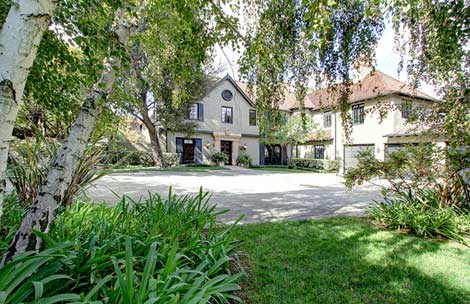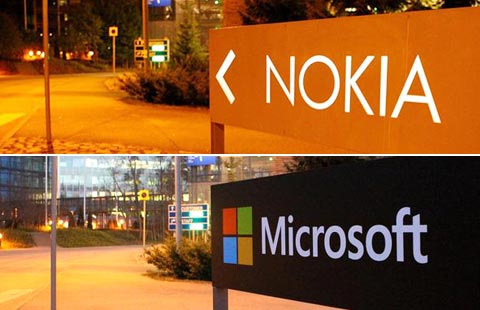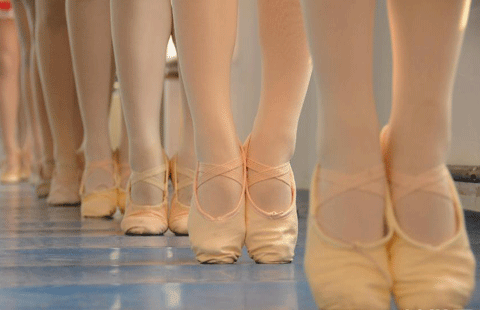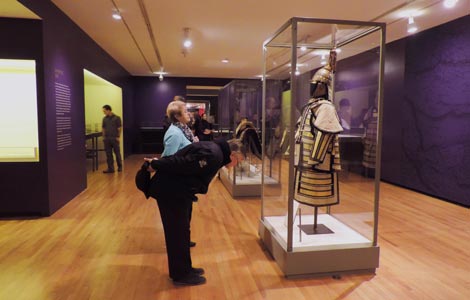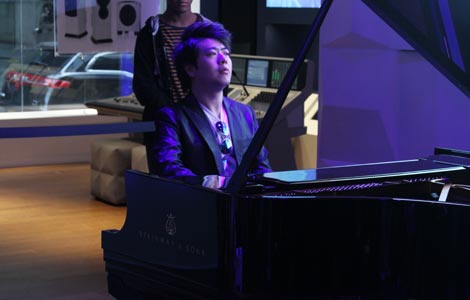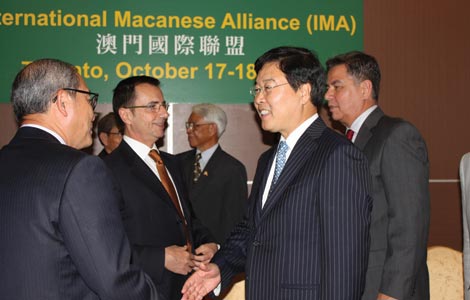In California: Cash, Cash, Cash
Updated: 2014-10-24 12:00
By Amy He(China Daily USA)
|
||||||||
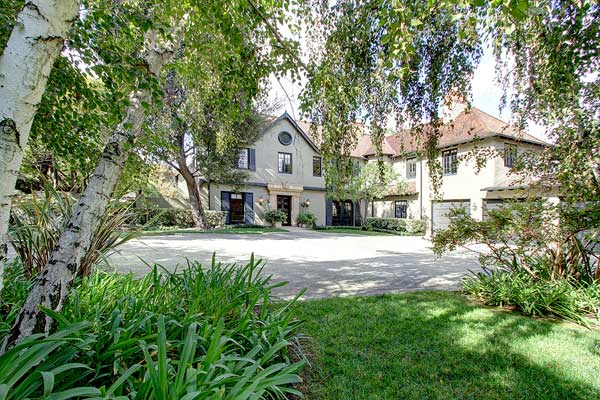 |
|
house in San Marino, California, on sale for $6.9 million. It was built in 1928 and has five bedrooms and five baths. Provided by Coldwell Banker Residential Brokerage |
Communities in California have become the nation's hot spots for Chinese seeking houses. Many pay all-cash and above the asking price, causing prices to soar and closing the door for other buyers, Amy He reports from New York.
Be it pricey Park Avenue in New York or London's exclusive Belgravia district, a real estate agent's mantra everywhere has been: "location, location, location."
And in many areas of California "cash, cash, cash" can be added as Chinese who have it are spending it, be it to knock down a simple ranch house and put up a mansion, or buy a mansion.
Los Angeles area communities are among the hottest of the hot spots in the current US buying spree. The results are soaring property prices, the fattening of local treasuries from increased property taxes and often the shutting out of would-be buyers seeking to use conventional financing.
And it's not limited to California. Juwai.com, a Hong Kong-based website that connects Chinese buyers with US properties, adds New York and the Seattle area as othe hot spots.
"Arcadia is booming," Bloomberg Businessweek reported last week about the city 13 miles northeast of downtown Los Angeles in the San Gabriel Valley.
"Residents have become used to postcards offering immediate, all-cash deals for their property and watching as 8,000-square-foot homes go up next door to their modest split levels. For buyers from Chinese mainland, Arcadia offers excellent schools, large lots with lenient building codes, and a place to park their money beyond the reach of the Chinese government," said the article, Why Are Chinese Millionaires Buying in an L.A. Suburb?
Arcadia isn't alone; add nearby San Marino (4 miles away), Irvine (48 miles) and other communities in a state that Chinese find particularly attractive because of its climate, closeness to their homeland and large Asian populations.
The US Census Bureau estimated Arcadia's population in 2013 at 57,639, with 60 percent Asian, and San Marino's population 13,327, with 54 percent Asian.
Angela Wong, a Los Angeles-based Realtor, said San Marino is widely known among Chinese as the "Chinese Beverly Hills". "They like this neighborhood because of the schools - that's their No 1 priority," she told China Daily.
Many schools in the San Marino area have after-school programs that offer language tutoring in English and Chinese for immigrant children. There are also numerous Chinese restaurants and supermarkets in the city, making it easy for the Chinese to maintain similar lifestyles they had in China.
"It's also very pretty. There's very easy access to Newport Beach, which is good for the really wealthy Chinese because they can park their boats over there," added Wong.
She said San Marino is so desirable that Chinese will bid up the price of a house to get what they want.
In San Marino, 11.4 miles northeast of downtown Los Angeles, the median home value is $2,011,700 or 424 percent greater than the California average and 1,009 percent greater than the national average, according to state statistics.
Wong said she recently showed a $2.38 million property in San Marino to a Chinese buyer who initially bid $2.4 million, but will probably pay $2.5 to $2.6 million to get the house.
"In that city, the Chinese don't care," she said. "They just want [to be in] that area."
"Prices have never fallen, even during the financial crisis," said Wong, vice-president of international marketing in Asia at Ewing and Associates Sotheby's International Realty.
And she said the same can be said about Irvine, where the 2013 Census estimate put the population at 236,716, with 39 percent Asians.
"The prices have increased by the month instead of by quarters or six-months. Whereas in the so-called 'white areas' where Americans live, the prices have not gone up so much just because the competition is mostly not from the Chinese. This is a really a Chinese-desirable area and the prices have gone up at least every month 3 to 5 percent," she said.
"Prices are just where supply and demand cross, so if you have a bunch of people suddenly deciding they want to buy into Los Angeles that weren't there before, that's extra demand, so prices will go up," said Alex Chinco, assistant professor of finance at the University of Illinois at Urbana-Champaign.
Wong said 90 percent of her clients pay with cash, including a $14 million deal that she said she just completed in Hawaii.
John Wong, co-founding chairman of the Asian Real Estate Association of America (AREAA) (and no relation to Angela Wong), said that Chinese buyers and the sellers prefer all-cash purchases.
Most Viewed
Editor's Picks

|

|

|

|

|

|
Today's Top News
Accord reached on Asia infrastructure bank
Civil service exam hit amid corruption crackdown
'Miracle' premature baby ready to go home
Minister praises China's vision over AIIB
China pledges $81.7m aid to Africa
Occupy Central not democracy: former Malaysian PM
iPhone loses subsidies in China
China's economy showing expansion
US Weekly

|

|



